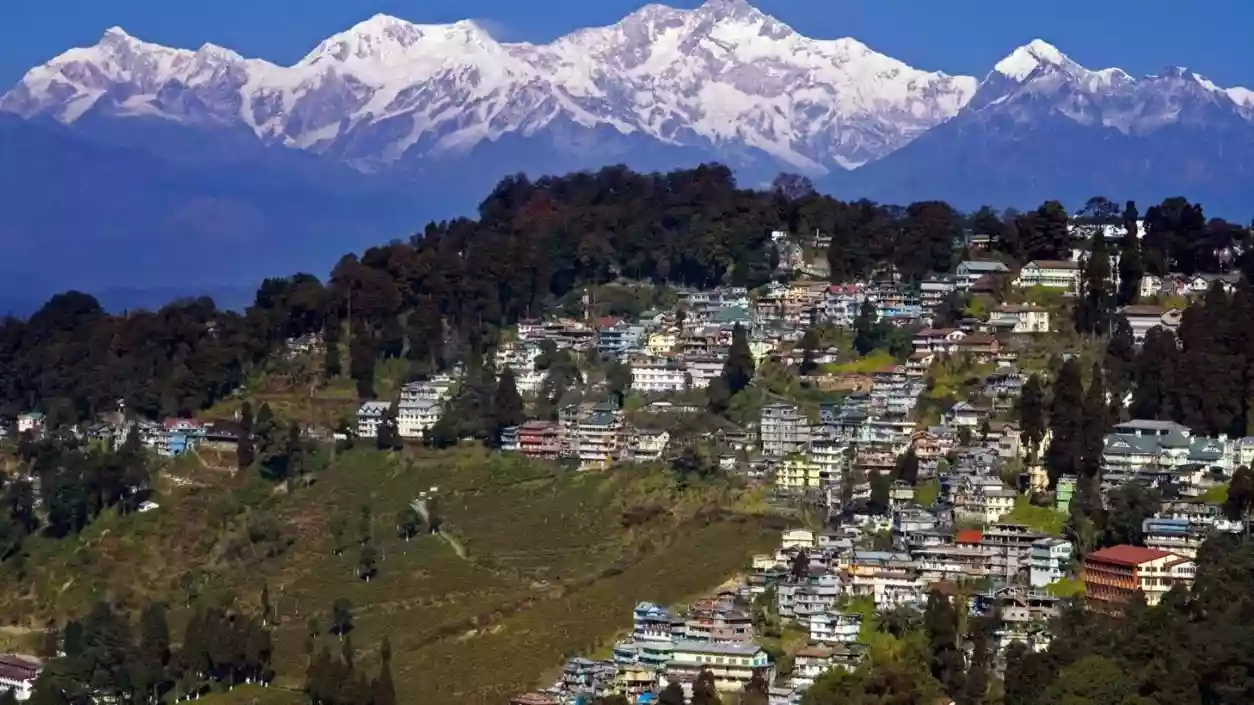.gif)
.gif)

The Centre is set to hold a tripartite meeting in January to address the ongoing issues in the Darjeeling Hills. The announcement follows Union Home Minister Amit Shah's visit to Siliguri, where he engaged in discussions with local political representatives regarding the region's development and governance. MP Raju Bista confirmed that the meeting will involve the central government, the West Bengal state government, and other relevant stakeholders, including regional political groups. The primary focus will be resolving key challenges in the Chicken’s Neck area and addressing the socio-economic issues affecting the hills, such as infrastructure development and local governance.
However, the upcoming meeting has sparked controversy due to the exclusion of the Gorkhaland Territorial Administration (GTA). The GTA, currently headed by Anit Thapa's party, is the body responsible for local governance in the Darjeeling Hills. While MP Raju Bista confirmed the exclusion of the GTA from the talks, he did not elaborate on the specific reasons behind this decision. The exclusion has drawn criticism from political parties, including the CPM. Ashok Bhattacharya, a senior CPM leader, stated that the GTA, despite its limitations, is not a permanent solution and cannot address the region’s broader developmental needs. He called for more substantial autonomy for the area to achieve sustainable progress.
The Trinamool Congress, led by Chief Minister Mamata Banerjee, has also raised concerns over the exclusion of the GTA. Trinamool leaders argue that Anit Thapa’s party, which holds significant control over local governance in the region, must be involved in any meaningful discussions about the future of the hills. There are fears that excluding the GTA could escalate tensions and reignite demands for a separate state of Gorkhaland. The issue of Gorkhaland has been a longstanding point of contention in the region, with various political groups advocating for either greater autonomy or a separate state to address the unique cultural and political identity of the Gorkhas.
The political landscape in the Darjeeling Hills has been marked by the fluctuating dynamics between the central government, the state government, and local political factions. The proposed meeting aims to address these long-standing issues, but its success depends on how key regional stakeholders, such as the GTA and other local groups, are involved in the decision-making process. The upcoming tripartite talks will play a pivotal role in shaping the future governance structure of the hills, determining the extent of autonomy granted to local bodies, and addressing demands for a separate state.